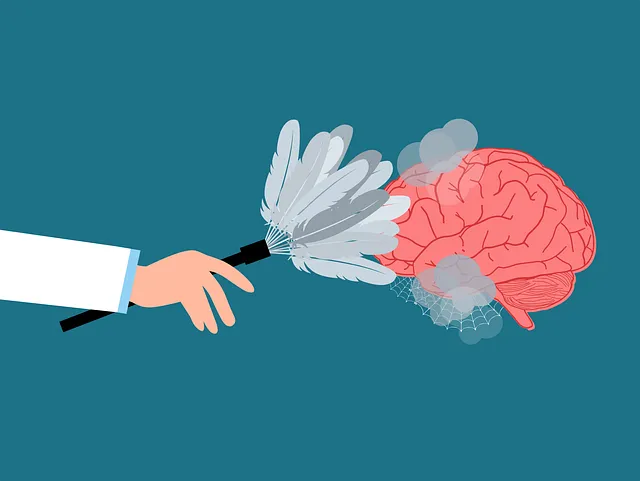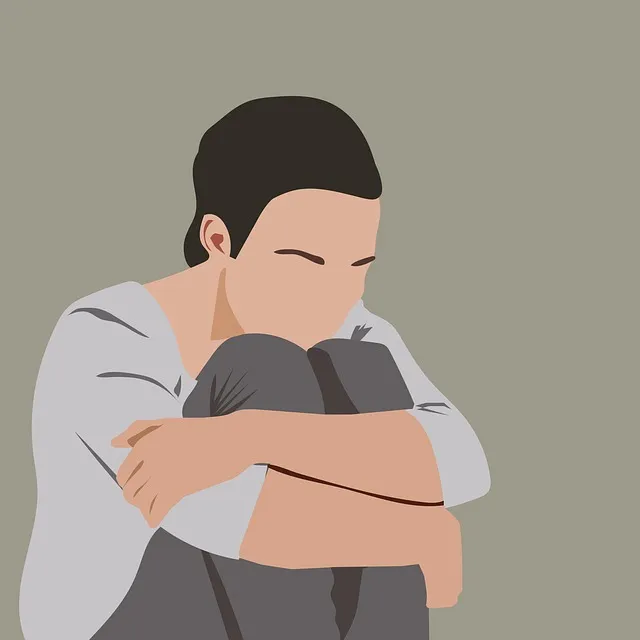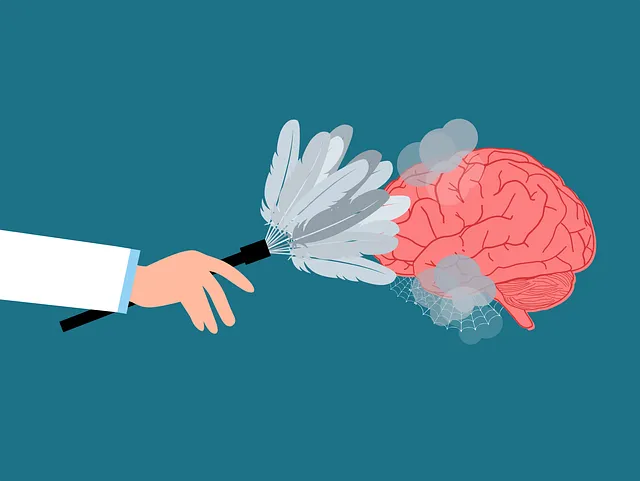Kaiser Permanente mental health centers in Aurora provide comprehensive crisis intervention services, combining active listening, emotion validation, and problem-solving strategies. They focus on Social Skills Training and self-care practices to prevent future crises. Their holistic approach includes innovative programs like Mental Wellness Coaching and Mind Over Matter principles, backed by positive Kaiser Permanente mental health center reviews Aurora. After initial stabilization, ongoing support through various therapies and resources ensures tailored recovery paths for each individual.
“In today’s fast-paced world, crisis intervention is a vital aspect of mental health support. This comprehensive guide aims to equip professionals with strategies to navigate and manage acute situations effectively. We explore essential techniques through the lens of Kaiser Permanente Aurora, a renowned mental health center receiving stellar Kaiser Permanente mental health center reviews.
From understanding crisis dynamics to post-crisis care, this article offers insights for practitioners. Discover best practices that foster recovery and resilience, ultimately enhancing community mental health services.”
- Understanding Crisis Intervention: A Brief Overview for Mental Health Professionals
- The Role of Kaiser Permanente Aurora in Community Mental Health Support
- Strategies for Effective Crisis Intervention: Techniques and Best Practices
- Post-Crisis Care and Recovery: Supporting Individuals Beyond the Immediate Emergency
Understanding Crisis Intervention: A Brief Overview for Mental Health Professionals

Crisis intervention is a critical skill set for mental health professionals, offering immediate and effective support to individuals facing acute distress or a traumatic event. At Kaiser Permanente mental health centers, like those in Aurora, professionals are trained to provide swift assistance, ensuring client safety and fostering resilience. The approach involves a combination of active listening, validation of emotions, and practical problem-solving strategies tailored to each individual’s unique circumstances.
A key component of crisis intervention is Social Skills Training, which equips individuals with the tools to navigate social interactions healthily, a vital aspect of mental well-being. Additionally, promoting Self-Care Practices among clients can prevent future crises by teaching them to manage stress and regulate emotions effectively. With a focus on Mental Health Awareness, these interventions aim to reduce stigma and encourage early seeking of help, ultimately enhancing the community’s overall resilience.
The Role of Kaiser Permanente Aurora in Community Mental Health Support

Kaiser Permanente Aurora plays a pivotal role in bolstering community mental health support, serving as a beacon of hope for individuals navigating challenging psychological landscapes. As a renowned Kaiser Permanente mental health center reviews highlight, their comprehensive approach intertwines cutting-edge medical practices with compassionate care, fostering an environment conducive to healing and recovery. Beyond traditional therapy sessions, Aurora offers innovative programs like Mental Wellness Coaching and Development, where trained professionals guide patients through self-awareness exercises tailored to their unique needs.
Imbued with a deep commitment to cultural sensitivity in mental healthcare practice, Kaiser Permanente Aurora ensures that its services resonate with diverse communities, addressing not just symptoms but also the underlying social and cultural contexts that influence mental health. This holistic perspective, backed by extensive training and experience, equips both patients and healthcare providers with the tools necessary to navigate complex emotional terrains effectively, ultimately contributing to enhanced community resilience and well-being.
Strategies for Effective Crisis Intervention: Techniques and Best Practices

In the face of crises, whether personal or communal, effective intervention strategies can make a world of difference. At Kaiser Permanente mental health centers like those in Aurora, professionals are trained to utilize various techniques designed to stabilize individuals and promote long-term well-being. One key approach is the application of Mind Over Matter principles, emphasizing the power of positive thinking as a potent tool against stress and anxiety. By encouraging patients to reframe their perspectives, these strategies foster resilience building—a critical component in crisis management.
Additionally, best practices in crisis intervention include creating safe spaces where individuals feel heard and understood. Trained professionals employ active listening skills, empathetic responses, and evidence-based interventions such as cognitive behavioral therapy (CBT). This holistic approach ensures that each individual receives tailored support, addressing not just the immediate crisis but also laying the groundwork for enhanced mental health and emotional resilience moving forward, as evidenced by numerous Kaiser Permanente mental health center reviews Aurora.
Post-Crisis Care and Recovery: Supporting Individuals Beyond the Immediate Emergency

After the initial crisis intervention, providing ongoing support and care is crucial for individuals’ recovery and resilience. This extended phase involves helping those affected navigate the aftermath and rebuild their lives. At Kaiser Permanente mental health centers in Aurora, for instance, we understand that healing is a journey, not a destination. Our dedicated team offers comprehensive post-crisis care tailored to each person’s unique needs.
This process may include individual therapy sessions, support groups, and community resources to foster mental wellness. The Mental Wellness Podcast Series Production, for example, can provide valuable tools and insights through accessible media. Additionally, incorporating practices like Mindfulness Meditation into daily routines can aid in stress reduction and emotional regulation. Effective Risk Management Planning for Mental Health Professionals is also essential to ensure a safe and supportive environment during this critical phase of recovery.
Crisis intervention plays a vital role in supporting individuals facing mental health emergencies. As discussed, mental health professionals can draw upon strategies like active listening, safety planning, and connection to resources like the Kaiser Permanente Aurora mental health center—highly regarded in the community based on numerous reviews—to provide effective aid. Post-crisis care is equally important for recovery, emphasizing ongoing support and access to resources that facilitate long-term well-being. By integrating these practices, mental health professionals can make a significant impact in navigating crises and fostering resilience among those in need.






